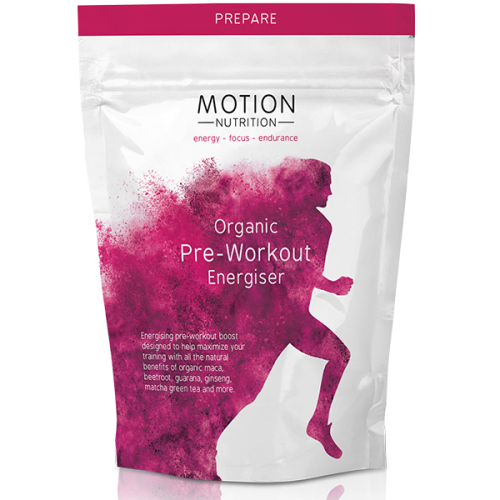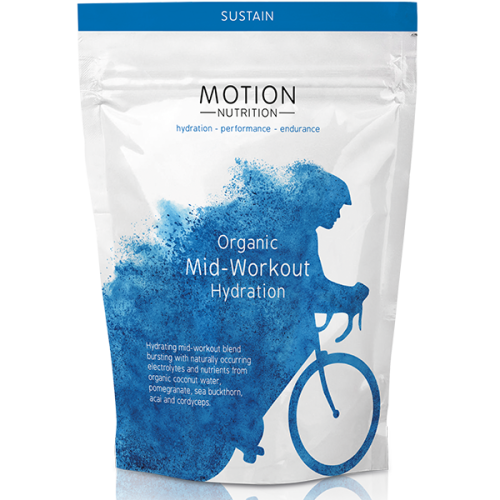|
Exercise is one of the most important tools we have to lead a healthy and productive life. Every system of the body is benefits from exercise, the cardio vascular system becomes stronger and more efficient, blood flow is increased to the brain, the skeleton is reinforced and reformed, peristaltic action aids digestion and detoxification is increased. On the downside, waste products are created, muscle fibres are torn, cells become dehydrated and energy is expended. In order to gain lasting benefit, the body must recover and be replenished, so that its ready for the next time and able to be pushed harder in order to develop and grow. There are two main aspects to sports nutrition, the first is preparation, the second is recovery, underpinning both of these is the importance of hydration, which means not only water but also electrolytes which are essential for removing waste products and maintaining performance. Some endurance athletes may also need some nutrition for during the activity, we will cover this in a separate post. At the elite level, proper nutrition is essential, small changes can make the difference between first and second place, for the recreational athlete, this can mean achieving a personal best or minimising the risk of injury. Exercise recoveryWhen considering what nutrition you need when exercising let’s start at the end and work backwards. Regardless of the type of exercise you do, you need to replenish the energy that you have expended and provide the building blocks for repair. The primary source of energy in the body is a small molecule called adenosine triphosphate (ATP) which is releases energy when required for muscle contraction, cell division, the firing of a neurone, enzyme production, literally every process in the body! ATP must be replenished through either diet (not possible during exercise) or resynthesised from the mobilisation and breakdown of food stuffs such as creatine, fat or carbohydrate. The most typically used fuel for exercise is carbohydrate which is stored in the muscles and liver in the form of glycogen and ingested in the form of glucose. Glucose also has the effect of stimulating insulin production that helps to get nutrients (like glucose and protein) into your cells from repair and recovery. The optimum time to consume a recovery is within 20 mins of exercise, although the body will still have an increase uptake for up to 24hrs after exercise. A protein shake is a convenient and effective way to boost your protein post exercise. Creatine can also be supplemented to aid ATP production and also provide a store or creatine in the muscle for improved capacity. Pre-exerciseIn order to effectively perform, it is important to ensure that the key ingredients are ready for the muscles to work and keep working. The body has near infinite capability to store energy, most of us have enough fat stores to run 100 marathons, but mobilising this energy takes time and oxygen meaning it is not readily available. Pre exercise supplementation can provide usable energy, whilst stimulating the Nervous and muscular systems to work optimally for sustained performance. Good recovery provides the building blocks to get to the starting line in the best shape you can be, a good pre exercise regime can be as important as your warm up. If you have any fitness goals, come and talk to us, we can help! Motion Nutrition offers excellent quality products that enhance health and support your body enabling you to reach your goals.
2 Comments
Leave a Reply. |
AuthorTaz Faruqi, award winning Amatsu Therapist and registered Nutritional Therapist. Archives
May 2019
Categories |
HoursMonday-Saturaday
10-5pm Address30-32 South Parade
Bawtry DN10 6JH South Yorkshire Contact |
Fill in the form to subscribe to our mailing list. You will receive a few of emails a month about special offers, services, events and workshops. |





 RSS Feed
RSS Feed